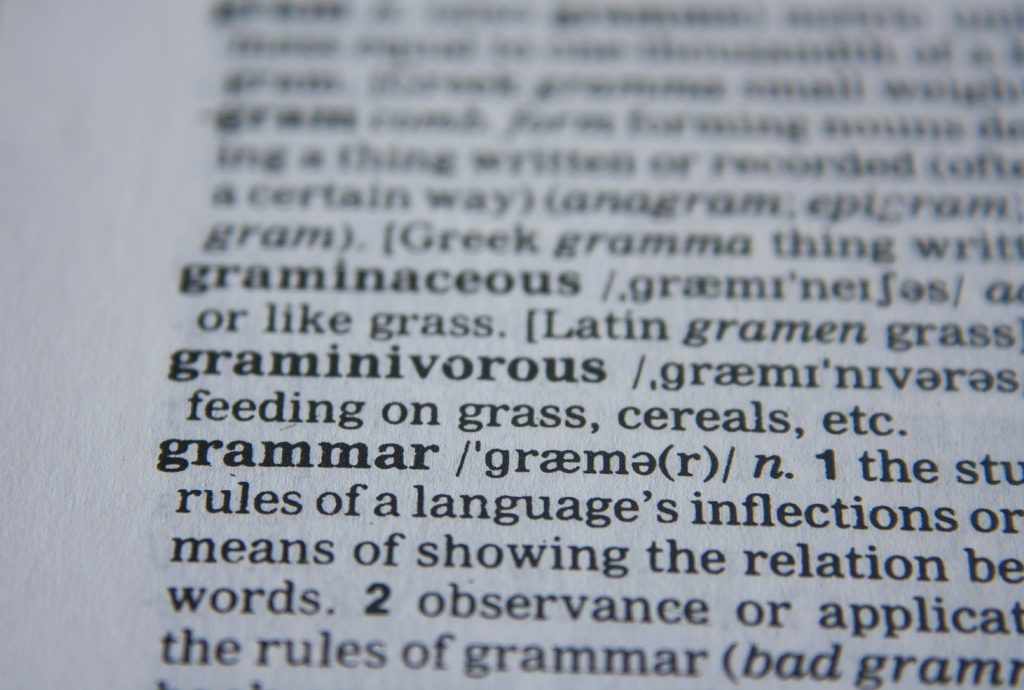This review article first appeared in: Skeptical Adversaria 2 (2009), 9
Reproduced with permission
Amorey Gethin is one of a group of authors who reject the notion of syntactic (grammatical) structures as an ‘illusion’. Gethin does actually make some good points about the weaknesses of some specific mainstream ideas, notably those of Chomsky – although it must be said that most of these points have also been made by non-Chomskyan mainstream linguists, of whom Gethin seems to know too little. But he goes much further, attacking the entire basis of modern scientific linguistics, in which such structures are seen as the most clearly unique feature of human language. Indeed, he holds that linguists actually know that grammar does not exist but promote it so as to bolster their own status.
Gethin ‘explains’ all linguistic and language-learning phenomena in terms of the meanings of words (and word-parts) alone, treating grammatical phenomena as matters of ‘general meaning’. For instance, he replaces the concept ‘noun’ with a category of ‘general meaning’ roughly corresponding with ‘entity’ (concrete or abstract). (This resembles the folk-linguistic defining of ‘parts of speech’ in semantic terms, eg ‘a noun is the name of a person, place or thing’.)
However, a noun is not itself the same kind of thing as the word for an entity. ‘Noun’ is a grammatically -defined category (eg, a noun can be the grammatical subject of a clause). Different languages assign different grammatical categories to the words for entities (in Apache, a waterfall is a verb!); some languages lack certain grammatical categories altogether; and even within one language the distribution of grammatical categories is often complex (eg red is usually an adjective, but the more general word colour is a noun). And linguistic meanings are not necessarily directly expressed in the forms of sentences. If they were, even the grammars of unrelated languages would be much more closely similar than they tend to be. Even within one language, there are often two or more grammatically different ways of expressing the same meanings, eg active and passive voice equivalents such as Mark drank the beer and the beer was drunk by Mark. Conversely, there are syntactically identical but logically distinct pairs of sentences such as Jane is planning to marry a Dutchman.
Gethin struggles unconvincingly to deal with cases of all these kinds. And even he is forced to acknowledge eg that the typical order of subjects, verbs, objects, clauses etc in a sentence differs from language to language. For instance, Welsh sentences typically begin with the verb. But this itself is a matter of syntactic structure, not of meaning.
Inglish az shii kuhd bii speld
Most learners and many adult native speakers struggle with the spelling of English. It has even been claimed that there are higher rates of dyslexia in English-speaking countries than elsewhere – although there are contrary findings relating dyslexia to unrelated factors. The problem arises because English spellings often reflect now-superseded pronunciations or have multiple sources. Thus there are frequently various spellings of what is now the same sound (eg the vowel in the words go, sew, hoe etc), and also multiple pronunciations sharing one spelling (eg the notorious case of – ough-).
Virtually all proposals for English spelling reform involve removing letters which represent no sound at all, eg debt becomes det . However, many proposals developed by fringe amateurs also involve the ‘phonemic principle’: a given letter or di-/poly-graph (eg oo or ch ) consistently represents the same ‘phoneme’ (distinct speech-sound) and vice versa. Modern South-Eastern English English accents have 44 distinct phonemes, and a phonemic spelling of such a variety would therefore have 44 letters or di-/poly-graphs. The words now spelled with – ough – would be re-spelled with letters representing the actual phoneme(s) present in each.
But there is a major problem here. English has diversified so much around the world that even major educated urban accents differ too greatly to share a phonemic spelling system. For instance, words like grass would have to be spelled with the long A phoneme for Londoners but with the short A phoneme for most people from the north of England; words like park would be spelled with the R phoneme for Scotland and most of the USA but without it for most of England. Or else the spelling would be uniform but would therefore systematically favour some accents over others at each point (a highly political issue as well as an educational one!). The existing spelling is at least accent-neutral, overall.
In addition, phonemic spelling makes it impossible to spell homophones differently: the words paw, pore and pour would have to be spelled identically for most of England. In addition, roots with varying pronunciations, such as photo– in photographic and photographer, could not be spelled the same throughout. Etc, etc. Phonemic spelling thus reduces the recognisability of words and stems, hampering inexperienced readers.
In fact, some linguists (including Noam Chomsky) argue that phonemic spelling is unnatural , for English and more generally. It is certainly striking that alphabetic writing, which is defined as ‘one symbol per phoneme’ and is thus most consistent when spelling is phonemic, was, as far as we know, invented only once (probably in early Egypt). Alphabets are as widespread as they are because of the political, cultural and religious clout of Greece, Rome, India, Islam and modern Europe.

